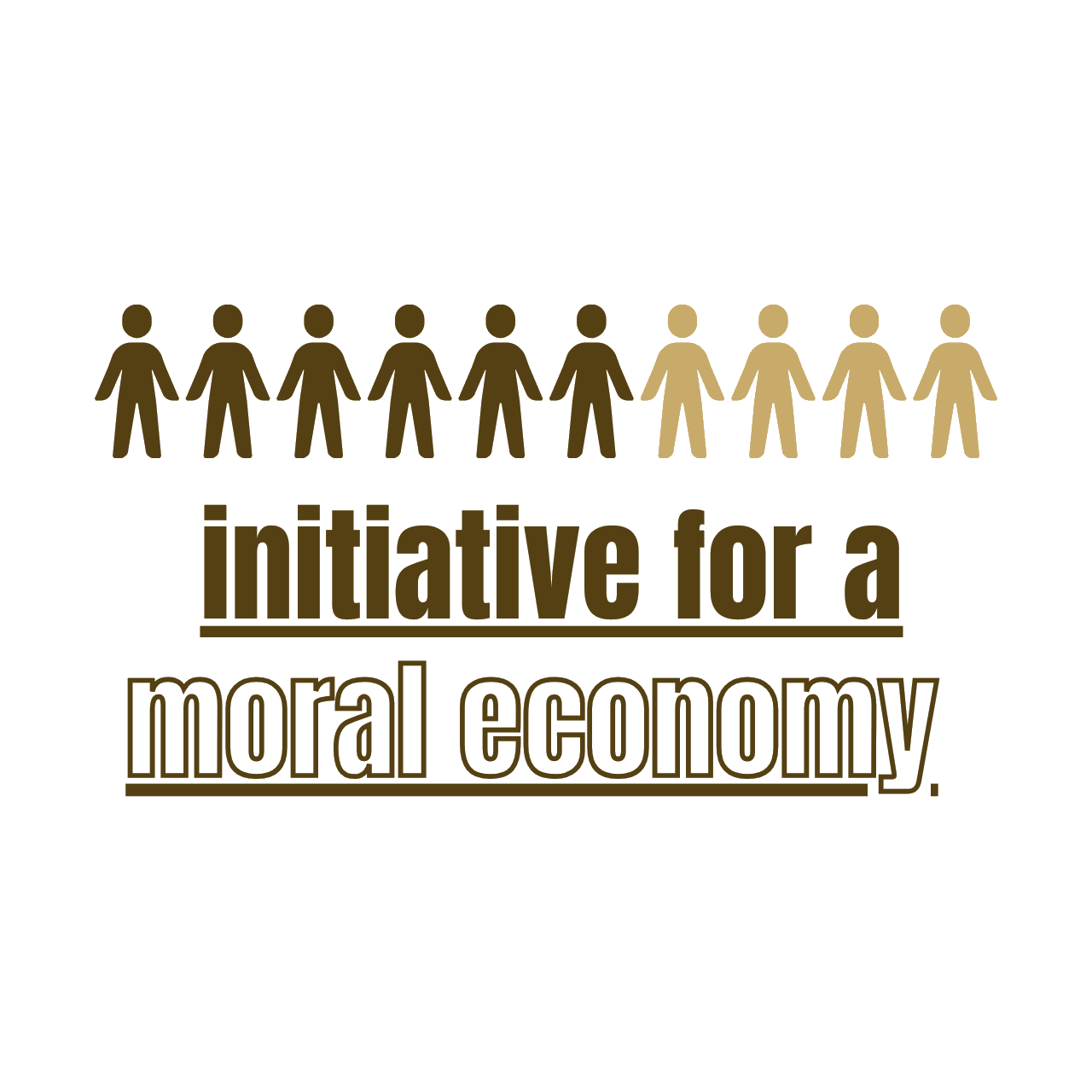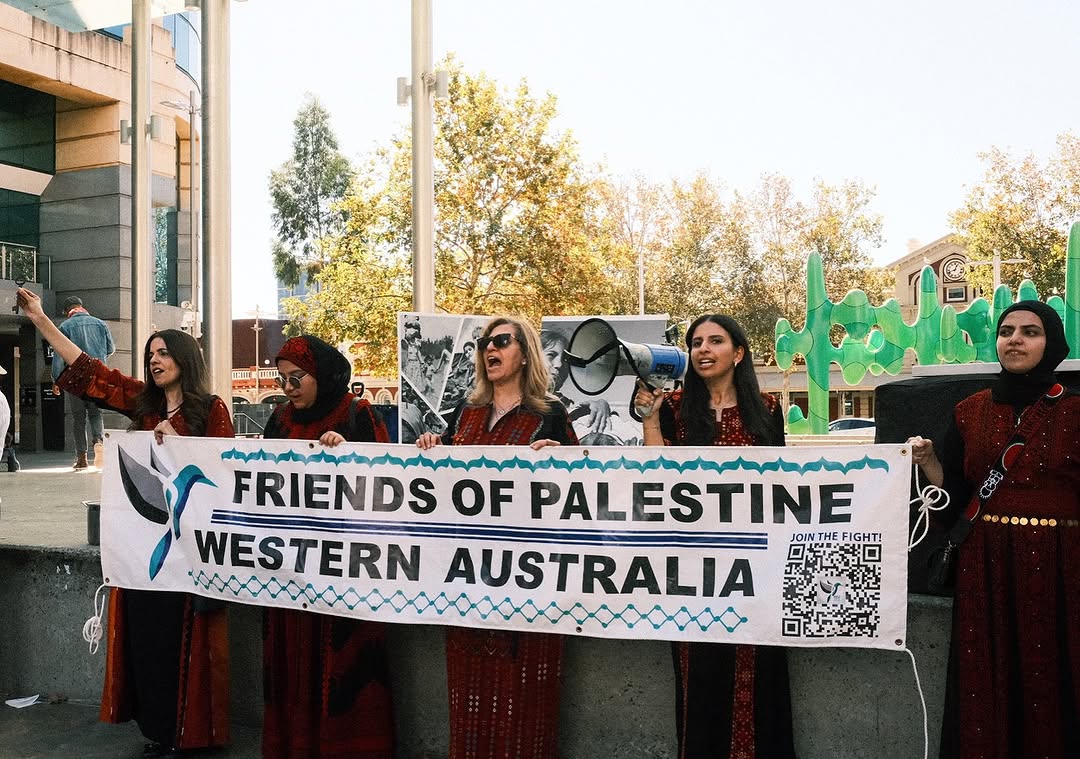Event Listing
Not a memory, but an ongoing reality of violent uprooting, displacement and dehumanisation of Palestinians.
From the Palestinians in Palestine, to the diaspora, we stand in unequivocal solidarity to their ongoing resistance, where they remain steadfast and unshaken, everywhere.
#Nakba77 #RightofReturn #EndtheOccupation #Nakba


Leave a Reply